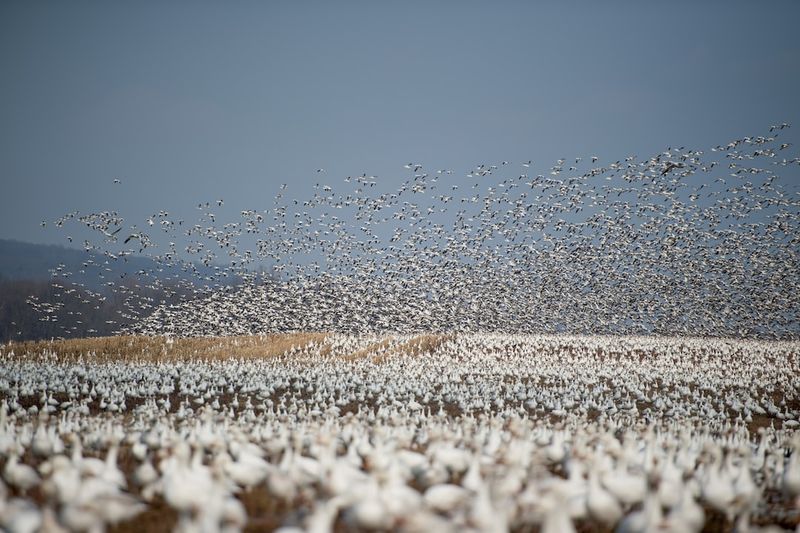Table of Contents
Tunisia: African Migrants Intercepted at Sea, Expelled Apparent Policy Shift Endangers Migrants, Asylum Seekers, Children
A Dangerous Shift in Tunisian Policy
The recent expulsion of over 100 migrants from multiple African countries to the border with Algeria by the Tunisian National Guard has raised concerns about a dangerous shift in Tunisian policy. Previously, authorities in Tunisia had usually released intercepted migrants in the country after disembarkation. However, this recent incident signals a shift towards forcibly expelling migrants, including children and possibly asylum seekers, to remote border areas without adequate food or water.
The Tunisian government’s decision to abandon migrants in these remote areas raises serious ethical and human rights concerns. According to Human Rights Watch, these actions expose migrants to unnecessary danger and abuse, leaving them vulnerable to exploitation and violence. It is especially troubling that this shift in policy comes just two months after similar mass expulsions of black African migrants and asylum seekers to the desert.
This change in policy may be linked to a memorandum of understanding signed between the European Union (EU) and Tunisia on July 16. The agreement aimed to increase funding to Tunisian security forces, including the Coast Guard, in order to stem irregular sea migration to Europe. However, it is now important for the EU and other concerned parties to question whether this funding is being used in accordance with human rights standards.
Condemnation and Accountability
In response to these expulsions, Human Rights Watch has called on the African Union and governments of the affected countries to publicly condemn Tunisia‘s abuse of fellow Africans. Additionally, they have urged the European Union to halt all funding to authorities responsible for these abuses. It is essential for regional and international actors to hold Tunisian authorities accountable for their actions and ensure that migrants’ rights are protected.
Violations of Human Rights and Due Process
The collective expulsions carried out by Tunisian authorities violate the African Charter on Human and Peoples’ Rights, which prohibits such acts. By not allowing individuals to challenge their expulsion and failing to provide due process, Tunisian authorities disregard migrants’ rights to seek asylum and access a fair and impartial legal process. Moreover, these actions particularly impact children, as Tunisia is obliged to protect their rights under the Convention on the Rights of the Child.
It is imperative for Tunisia to fulfill its obligations to protect the rights of migrants, particularly children, who are among the most vulnerable. Tunisian authorities should implement age determination procedures, family tracing, and provide appropriate guardians, care, and legal assistance to unaccompanied migrant children.
The European Union’s Role
The European Commission’s decision to provide funding to Tunisia to manage migration raises questions about the EU’s commitment to human rights. It is crucial for the European Commission to suspend all funding for migration control purposes to the Tunisian National Guard and Navy, as pledged under the July agreement. Before committing any further migration management support, the EU should conduct human rights impact assessments and establish clear benchmarks that Tunisian authorities must meet.
It is essential for the European Union to prioritize human rights and ensure that its actions do not contribute to the mistreatment and abuse of migrants. By holding Tunisia accountable and demanding adherence to international human rights standards, the EU can play a crucial role in protecting the rights of migrants and asylum seekers.
Conclusion and Recommendations
The recent expulsion of African migrants in Tunisia is a troubling development that highlights the dangers faced by migrants, especially those intercepted at sea. Tunisian authorities must reverse this policy shift and prioritize the protection of migrants’ rights, including access to asylum procedures and a fair legal process.
The African Union and African governments must condemn Tunisia‘s abuse of fellow Africans and urge the country to uphold its obligations under international law. The European Union should suspend funding to Tunisian security forces responsible for human rights abuses and conduct rigorous assessments to ensure that any future support aligns with human rights principles.
Furthermore, all stakeholders involved, including international organizations, civil society groups, and the media, must continue to shine a light on these abuses. By raising awareness and exerting pressure, we can strive to create a more humane and just approach to migration that respects the rights and dignity of all individuals.

<< photo by Ray Hennessy >>
The image is for illustrative purposes only and does not depict the actual situation.
You might want to read !
- France’s Basketball Rules Targeting Muslim Women Players: A Discriminatory Decision
- The Uphill Battle for Justice: France’s Conflicting Stances on Grave Crimes
- Chad’s Shrinking Democracy: Restricting Political Participation in the Run-Up to the Referendum
- Exploiting the Vulnerable: The Dark Reality of Migrant Workers in Saudi Arabia
- The Blurred Boundaries of Nature and Cities: Exploring the Intersection of Urbanization and the Environment
- Blaming the Blameless: Kazakhstan Parliamentarian Calls to Punish the Victim
- Mitigating the Humanitarian Crisis: Tunisia’s Response to Intercepting and Expelling African Migrants at Sea
- The Mysterious Disappearance of Mahsa/Zhina Amini: Unraveling the Truth
- Setting the Truth Free: Exposing the Reality of Chechnya’s Anti-Gay Purge
- Frontex’s Controversial Libyan Cooperation: Shedding Light in Court
- “New York City’s Mayor: A Call to Uphold Human Rights and Tamp Down Harmful Rhetoric”
- South Korea’s Controversial ‘Anonymous Birthing’ Bill: Rethinking the Implications